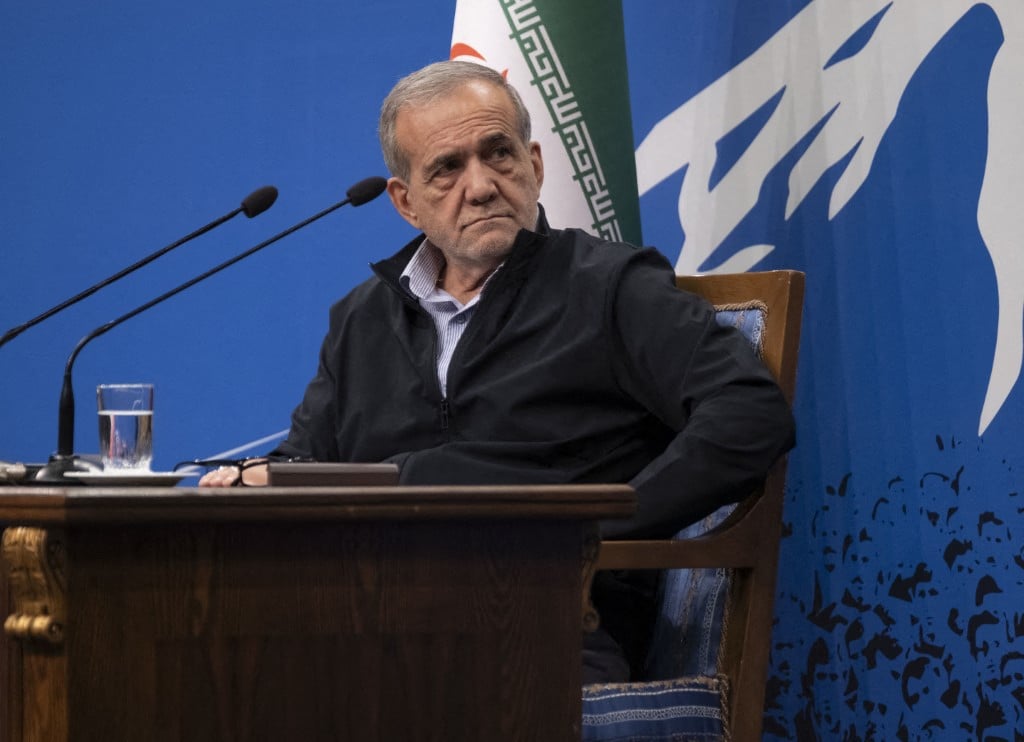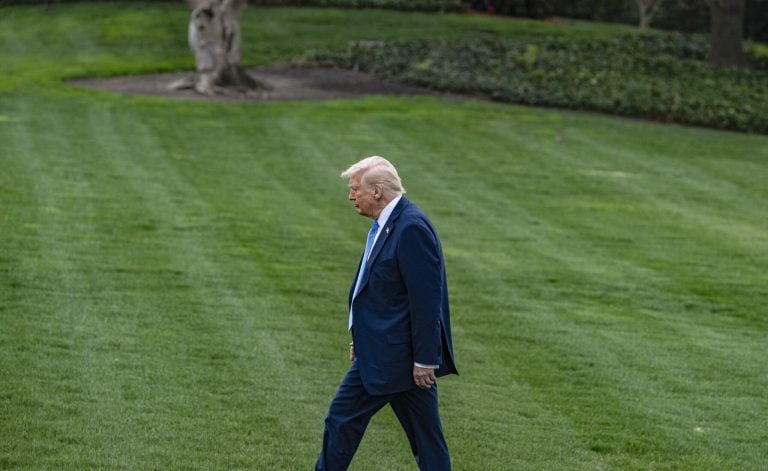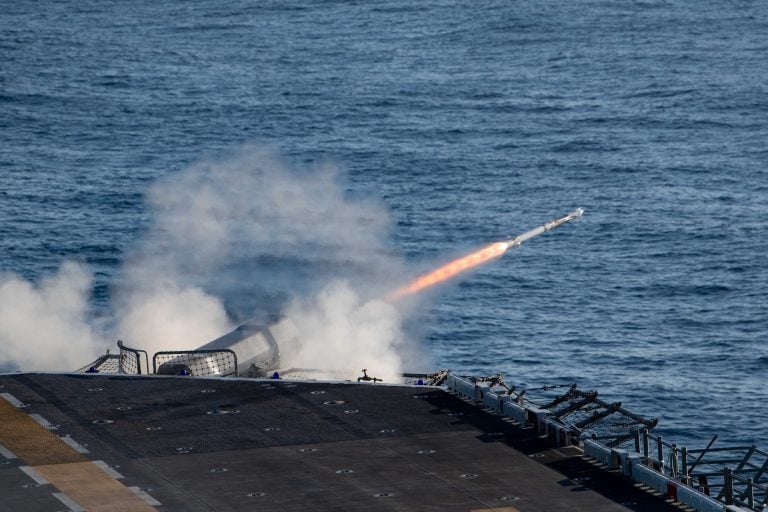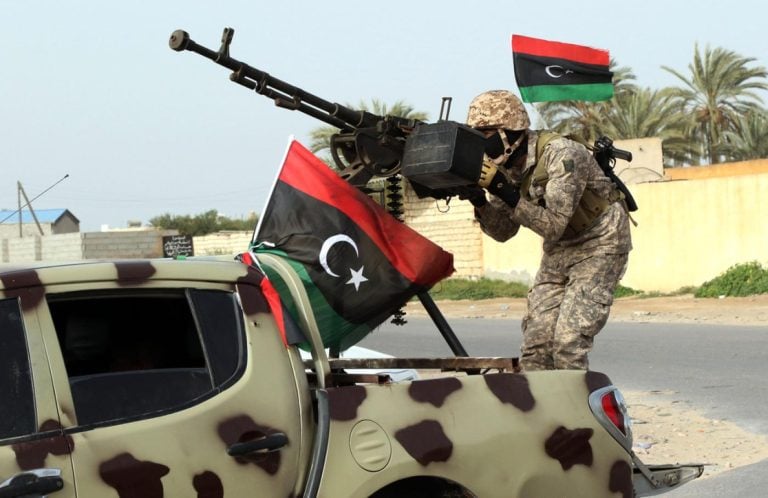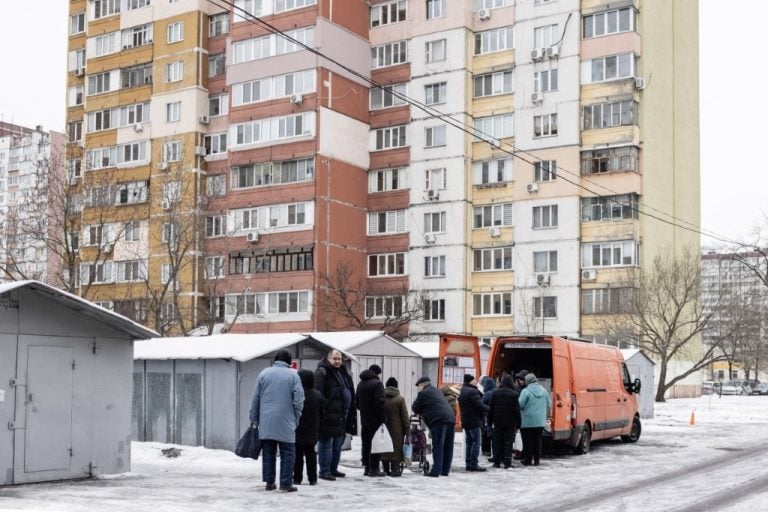Widespread sanctions imposed by the United Nations against Iran came back into effect late Saturday, marking the first occurrence of such measures in a decade. This development follows a breakdown in last-ditch nuclear negotiations between Iran and Western powers.
These sanctions, reinstated after three months of military actions by Israel and the United States, prohibit transactions related to Tehran’s nuclear endeavors and ballistic missile program. Analysts predict that the sanctions will further burden Iran’s struggling economy.
U.S. Secretary of State Marco Rubio emphasized that diplomacy is far from over, urging Iran to engage in direct talks with the United States, conducted in good faith. He also called on UN member states to swiftly enforce the sanctions as a strategy to push Iran’s leadership towards making decisions beneficial for the nation’s welfare and global safety.
In a joint statement, foreign ministers from Britain, France, and Germany declared their commitment to pursuing a diplomatic resolution aimed at ensuring that Iran never acquires nuclear weapons. They further urged Iran to refrain from any actions that might escalate tensions.
Despite allowing UN inspectors to re-enter its nuclear facilities, Iranian President Masoud Pezeshkian criticized the U.S. offer to grant a brief suspension of sanctions in exchange for Iran relinquishing its entire stockpile of enriched uranium, labeling the proposal as unacceptable.
Efforts by Iran’s allies Russia and China to delay the reinstatement of sanctions until April fell short in the Security Council, resulting in the sanctions taking effect at midnight GMT on Sunday, which corresponds to 8 PM on Saturday in New York.
Germany, which played a crucial role in prompting the resumption of sanctions alongside Britain and France, stated it had no alternative, asserting Iran’s non-compliance with its nuclear obligations. Foreign Minister Johann Wadephul reiterated the urgency of preventing Iran from obtaining nuclear weapons while expressing openness to continuing diplomatic dialogue.
Meanwhile, Russia has indicated its refusal to implement the sanctions, dismissing them as invalid. Russian Foreign Minister Sergei Lavrov criticized the West’s approach, accusing it of undermining constructive solutions at the UN and attempting to extract unilateral concessions from Tehran through intimidation.
Iran maintains its stance of not seeking nuclear weapons, a claim it has reiterated numerous times over the years. The current sanctions represent a “snapback” of previously suspended measures from 2015, when Iran accepted significant restrictions on its nuclear program as part of an agreement brokered by former President Barack Obama. However, tensions escalated after the U.S. withdrew from this agreement during President Donald Trump’s administration, resulting in the re-imposition of stringent sanctions.
Recent interactions between Iran and the U.S. included several rounds of negotiations mediated by Oman earlier this year; these discussions collapsed in June following military strikes against Iranian nuclear sites by both Israel and the U.S.
In light of the renewed sanctions, Iran has recalled its envoys from Britain, France, and Germany for consultations, signaling significant diplomatic strain. An Iranian engineer, identified only as Dariush, expressed concern over the country’s deteriorating economic conditions, stating that inflation and currency depreciation exacerbate living standards, already strained by previous policies.
The dollar reached an unprecedented exchange rate of approximately 1.12 million rials in the black market over the weekend, indicating severe inflationary pressures. Amid growing financial uncertainty, many Iranians flocked to jewelry stores in a bid to purchase gold as a protective measure against devaluation.
The International Crisis Group, located in Brussels, reported that while Iran appears to be less affected by the UN sanctions due to its prior adaptation to U.S. sanctions, the snapback measures complicate future reversals that necessitate consensus at the Security Council. Ongoing economic challenges driven by rising inflation and deep infrastructural deficits will likely intensify as a result of these renewed sanctions, adding to the country’s economic malaise.
In a recent address to the UN General Assembly, Israeli Prime Minister Benjamin Netanyahu advocated for the prompt reinstatement of sanctions, hinting at potential military actions should tensions continue to escalate following a period of intense bombings that Iranian officials claim have resulted in significant casualties.
